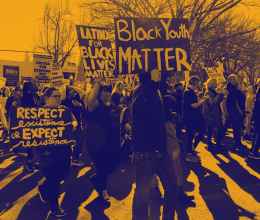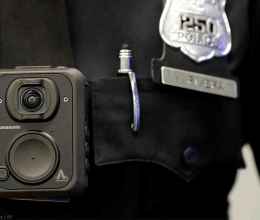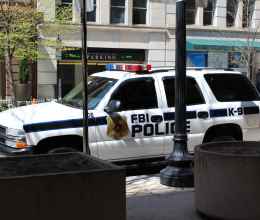
Under AB 392, officers can use deadly force only when necessary to defend against an immediate, deadly threat to themselves or others
SACRAMENTO — Propelled by the leadership of hundreds of family members whose loved ones were killed by California police officers, Governor Gavin Newsom today signed historic legislation to strengthen the state's law on police use of force. Introduced by Assemblymember Shirley Weber (D-San Diego), Assembly Bill 392: The California Act to Save Lives will establish a "necessary" use of force standard and increase accountability for unnecessary uses of force, setting a national precedent.
"I would hope that if AB 392 had been law last year, that our family would not have to be mourning Christopher's first angelversary today," said Barbara Okamoto, whose grandson Christopher Okamoto was killed on August 19, 2018. "I'm hopeful AB 392 will help make sure other families don't have to go through what we had to go through this part year. It's long overdue: officers' gun is not their only option, they have many more options that they should use instead of taking someone's life. The must stop killing our loved ones."
AB 392 will raise the state's use of force standard to require that officers use deadly force only when "necessary to defend against an imminent threat of death or serious bodily injury to the officer or to another person," thus establishing one of the strongest use of force laws in the country. California will also become the only state to combine this "necessary" standard with the requirement that courts consider an officer's conduct leading up to a use of deadly force when determining whether the officer's actions were justified. AB 392 is already shaping national policy discussions. Representative Ro Khanna (D-California) recently introduced federal legislation to raise the use of force standard for federal officers.
"Today is a step forward in securing my children's safety," said Jesse Rodriguez, cousin of James De La Rosa who was shot and killed by Bakersfield police in 2014. "AB 392 could have prevented my cousin's and many others' deaths across the state. That's why I stand with many families to make a change for our families and communities."
Officers in California and most other states are currently allowed to use deadly force when it is "reasonable" — regardless of whether deadly force was necessary to prevent imminent death or serious bodily injury, whether there were available alternatives, or whether an officer's own actions created the circumstances that led to the use of deadly force. California police officers kill more people than officers in any other state. Black and Latinx people and people with disabilities are more likely than other California residents to be targets of police violence. A recent study found that police violence is a leading cause of death for Black men in America.
Establishing a "necessary" standard is a practical solution to reduce the number of use of force incidents. Seattle and San Francisco's police departments, for example, both successfully adopted a use of force standard like that of AB 392 under the guidance of the Obama Department of Justice. Both jurisdictions saw a reduction in the number of use of force incidents. Research also shows that police officers in cities with stricter use of force standards kill fewer people and are less likely to be injured or killed themselves.
"This bill is definitely a community win, but the hard work is in making sure that it is implemented properly," said Miguel Quezada, whose uncle was killed by Modesto police in 2002. "We need to continue to strengthen the spirit and intent of this bill to honor those whose lives were stolen, as well as their families."
AB 392 will go into effect on January 1, 2020.
"Police brutality is our reality," said Alice Corley, whose son Lionel Gipson was killed by Long Beach police officers in 2016. "We celebrate today but aren't finished yet. They say, 'get back.' We say, 'fight back!'"
###

AB 392 is sponsored by the Youth Justice Coalition, United Domestic Workers (UDW) – AFSCME Local 3930, STOP Coalition, PICO California, Communities United for Restorative Youth Justice (CURYJ), California Families United 4 Justice, Anti Police-Terror Project, ACLU of California, and the Alliance for Boys and Men of Color/PolicyLink.






